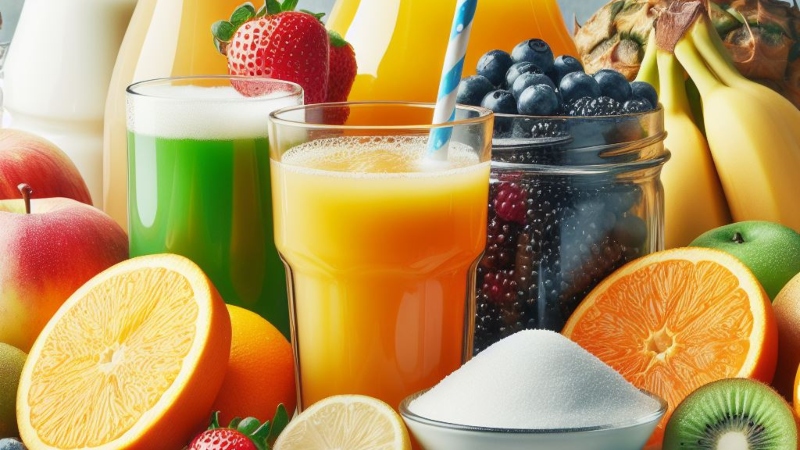
Fruit juice consumption reveals potential downsides
Whole fruits contain fiber, while most juices are strained
Drinking juice leads to rapid blood sugar spikes
Let us break down the misconceptions about fruit juice. Despite being perceived as a healthy choice, the truth about fruit juice consumption reveals potential downsides.
Nutrition experts highlight disparities between fruit juice and whole fruit consumption.
Also read: Prevention is better than cure: 9 symptoms one must never ignore to maintain health
Side effects of fruit juice consumption:
In conclusion, while fruit juice offers some health benefits, it’s crucial to be mindful of its potential drawbacks and consume it in moderation alongside a balanced diet rich in whole fruits and other nutrient-dense foods.

Fruit juice consumption reveals potential downsides
Whole fruits contain fiber, while most juices are strained
Drinking juice leads to rapid blood sugar spikes
Let us break down the misconceptions about fruit juice. Despite being perceived as a healthy choice, the truth about fruit juice consumption reveals potential downsides.
Nutrition experts highlight disparities between fruit juice and whole fruit consumption.
Also read: Prevention is better than cure: 9 symptoms one must never ignore to maintain health
Side effects of fruit juice consumption:
In conclusion, while fruit juice offers some health benefits, it’s crucial to be mindful of its potential drawbacks and consume it in moderation alongside a balanced diet rich in whole fruits and other nutrient-dense foods.
